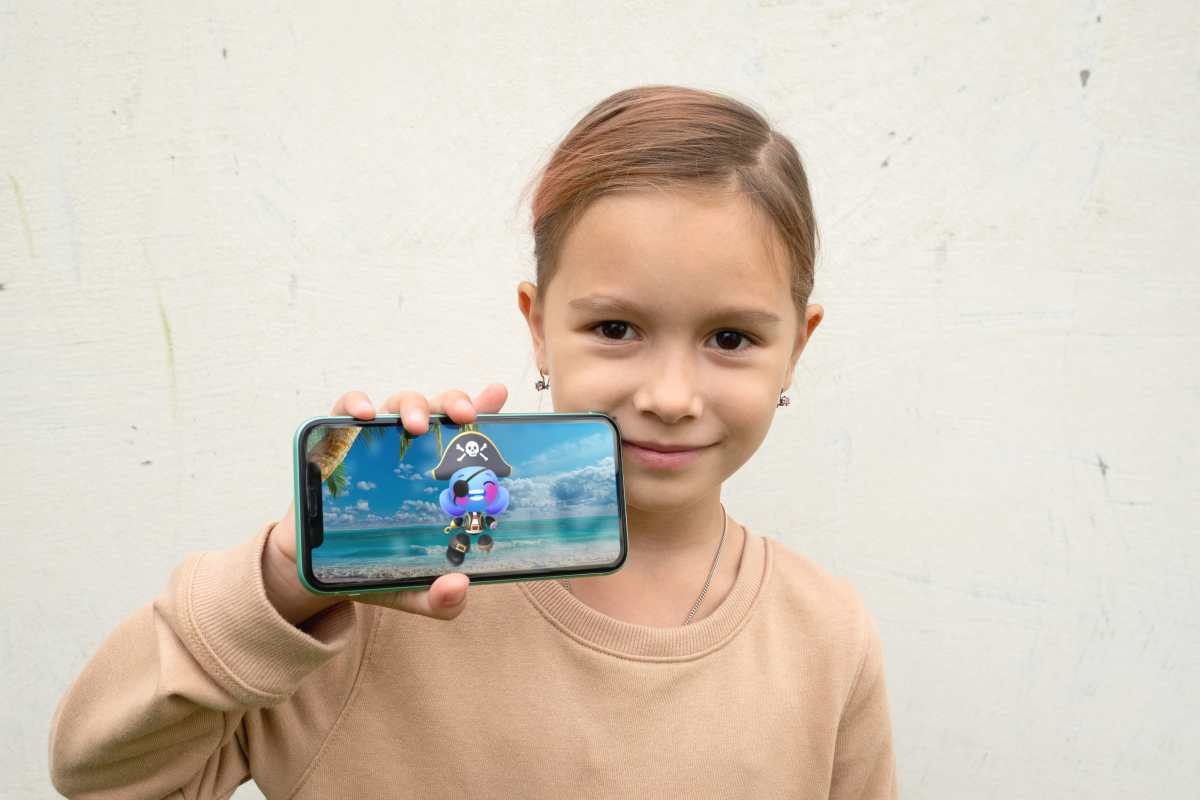In 2014, Ivan Crewkov moved his family from Siberia to the U.S. as his startup, Cubic.AI, was preparing to launch a Kickstarter campaign for its smart speaker. A week before the campaign was supposed to go live, Amazon launched its Echo smart speaker, rendering Cubic.AI essentially dead in the water.
“It was a disaster,” Crewkov told TechCrunch. “It made zero sense to compete with Amazon and Google; we ended up selling the company [two years later].”
But the experience wasn’t a total loss. Moving his family from Siberia to the U.S. meant putting his daughters, used to speaking Russian at home, into English-speaking schools. His eldest daughter started working with an online tutor, and when Crewkov realized that the tutor was reading scripted answers, the idea behind his next and current startup, Buddy.ai, was born.
“I just realized that we could probably create an AI character that would do the same things if lessons are scripted,” Crewkov said. “My daughter struggled; she was our first tester and our first user.”
Buddy.ai is an animated, multimodal, conversational character tutor meant to help children learn English as a second language. The company works as a subscription app that consumers can download. The company has also started working with schools in countries like Brazil as well.
Crewkov said that despite their background working in voice-based AI, it was challenging to get the business off the ground. When they started, they thought they would be able to get the product to market within six months, a goal Crewkov now refers to as “naive.” Instead, it took years.
Because the product is aimed at children, the company had to navigate the Children’s Online Privacy Protection Rule (COPPA) and similar laws in other countries. Plus, it’s a tough problem to crack. The AI had to be trained not just to understand human voice but to also understand children’s voices speaking in languages they didn’t fully know yet.
“We are trying to understand a 4-year-old Brazilian girl who is trying to say her first words in English at the same time as a 4-year-old Arabic girl from Saudi Arabia,” Crewkov said. “Completely different accents and completely different languages. We just started collecting data in countries [where] there were no hardcore [regulations] like COPPA and trained the first model on that data.”
But the company prevailed, and now seven years later it is approaching 55 million downloads and works with more than 22 million students annually.
Buddy.ai just raised an $11 million seed round led by BITKRAFT Ventures with participation from One Way Ventures, J Ventures, and Point72 Ventures, among others.
Crewkov said that fundraising for Buddy.ai was tough from the beginning, and despite the rise of interest in AI, this round was still a slog. He said they spoke to 186 investors to close this seed round. BITKRAFT just happened to be the second firm they spoke to, and Crewkov said that they were the perfect fit for what his company was doing.
“We were specifically interested in finding a fund with expertise in the gaming field and that’s why we are so in love with BITKRAFT,” Crewkov said. “Children treat Buddy as a game. A fun fact is most of the downloads are actually made by children who just want to play with buddy.”
The company plans to invest all of the capital into product development. Crewkov said that despite the company’s age and traction, thus far he considers the tech to be pretty underdeveloped. Buddy.ai plans to hire a head of game design and a head of UX design with this latest round.
Crewkov added that a big push for the company is to add on more languages and continue to build out its relationships with schools.
Buddy.ai is not the only company looking to use AI characters to help people practice a new language. Univerbal is another that has raised $2 million in venture capital. Loora has raised $21.3 million. Buddy.ai’s approach of focusing on children learning English as a second language helps it stand out.
“We just believe that the future is hybrid where AI tutors and AI agents can really help teachers,” Crewkov said. “You just need to provide a lot of practice, practice daily. We will never [have] enough teachers to do that; it’s the prefect applications to AI.”





Leave a Reply